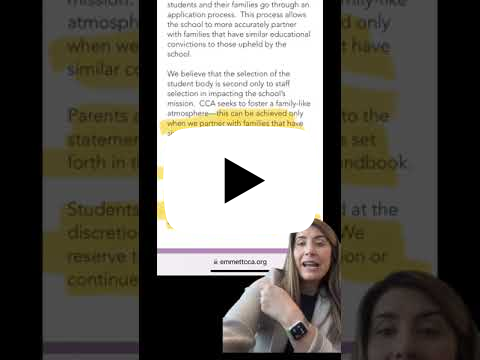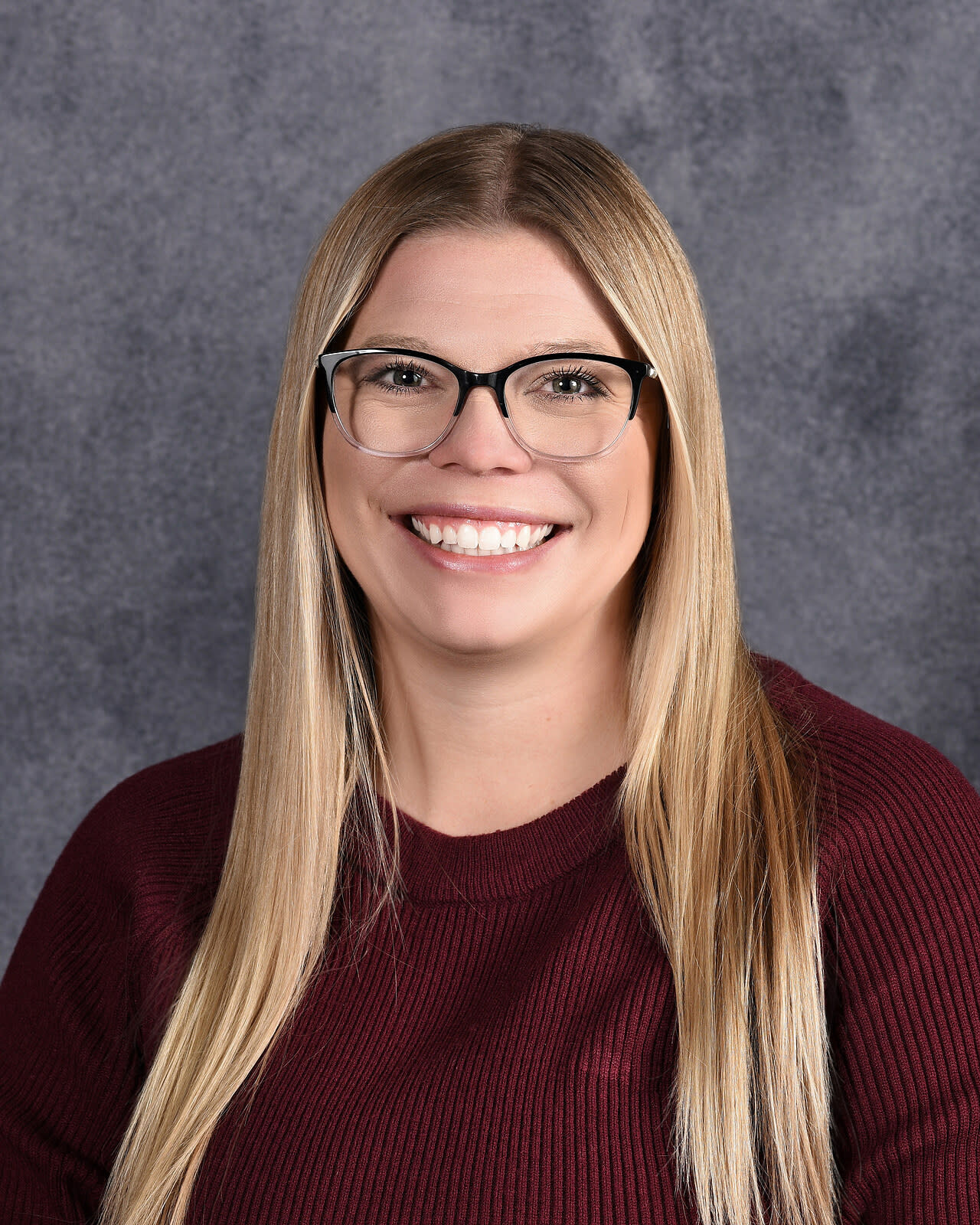|
|
|
|
Estimated Reading Time: 5 Minutes |
|
Hello {{CFirstName}}, |
|
The third week of the 2025 Legislative Session has wrapped up, and things are starting to pick up in the Statehouse. This week we saw the introduction of two of the most anticipated voucher bills in House Revenue and Taxation and Senate Education. House Education also reviewed administrative rule changes related to graduation requirements and social studies standards. |
|
|
Let your voice be heard—contact your legislators today and urge them to vote NO on HB39 to keep public funds in public schools. |
|
Comparing the Two Voucher Bills – Are they “Fair, Accountable, Responsible, and Transparent?” |
|
HB39 allows parents to claim up to $5,000 in refundable credits for “eligible educational expenses”, including tuition and fees, but also other things like curriculum, textbooks, transportation and more. The bill prioritizes families earning below 300% of the federal poverty level ($93,600 for a family of four) and offers higher credits for students with disabilities, however any family with school age children can apply for the tax credit. The tax credit is rewarded on a first-come-first-served basis and does not guarantee those who hope to enroll a student in a private institution will receive a credit. It also has a one time “tax credit advanced payment.” The only accountability in the bill is that the private school must provide “English language arts, mathematics, science, and social studies” and includes a component on tax audit and fraud to be carried out for all participating schools by a single member of the Idaho State Tax Commission.
Who to contact: House Revenue & Taxation Committee |
|
SB1025 expands the existing Empowering Parents grants and prioritizes access to the funds for low-income families and special education students so that 75% of the money goes to families with an adjusted gross income (AGI) below $60,000, 20% is for household between $60 and $80 thousand AGI, and 5% is available for households above $80,000 AGI. Not only does it include private school tuition but also expenses for pre-kindergarten programs. Private schools and pre-k programs must register to be eligible for parents to use the funds in their school. The eligible schools must be accredited; adhere to special education laws, including IDEA; adhere to the “non-discrimination and dignity in public education law”, more commonly known as the “anti-CRT” law; adhere to Idaho Parental Rights in Education laws; agree to administer a student achievement test; and finally, must background check and finger print employees who have unsupervised access to children. Because it grows and expands an existing program, it also includes intent language and a request to transfer $30 million that is already used for Empowering Parents to be repurposed for Special Education in public schools. This bill also includes a “red tape reduction” review to remove duplicative reporting requirements and makes adjustments to Idaho’s Open Enrollment Laws to allow school districts to create classroom capacity for SpEd, CTE, and Gifted and Talented programs.
Who to contact: Senate Education Committee |
|
ISBA firmly opposes any legislation that allocates public funds to private institutions. However, we would like to highlight that, in the context of the overnor’s four pillars of “fair, accountable, responsible, and transparent” funding school choice, one policy certainly fits more of the “boxes” than the other. We anticipate pro-voucher advocates will oppose SB1025. Our team remains steadfast in advocating against the diversion of public dollars to private institutions. We believe that these funds should remain with our public schools, which are legally mandated to provide education to all students, regardless of their needs, religious beliefs, family income levels, and more. |
|
|
|
Additional Legislation to Watch |
|
HB032 was introduced on Wednesday. This bill is an exact replica of a mask mandate bill from the 2024 Session (and many sessions before). The bill would prohibit mandating face masks and other coverings as a means to prevent the spread of a contagious or infectious disease.
HB43 & HB44 were introduced in House Education on Thursday. These bills are part of the comprehensive school safety and student wellbeing focus of a coalition of leaders in the 2024 interim. HB43 cleans up some confusing language regarding the school board’s role in ensuring they develop a background check system and operations plans. HB44 cleans up language in the “harassment, intimidation and bullying” statutes to ensure that families of students involved in a serious incident are notified. The GAC Committee plans to wait to take a position on HB43 and take a supportive stance on HB44.
HB42 was also introduced in the House Education Committee on Thursday by Representative Hill. This bill reworks the school safety and security advisory board to remove the requirement for law enforcement officers, school board members, and superintendents to be voting members on the committee. The GAC Committee voted to oppose the bill.
SB1017 was introduced in the Senate Education Committee on Tuesday. This bill allows public school students to be designated as self-directed learners based on mastery of content, teacher recommendations, and specific educational criteria. The GAC Committee took a neutral stance. |
|
|
|
Save the Date! Registration is now open for ISBA’s 2024 Day on the Hill event - February 17-18, 2025. This event provides an opportunity for attendees to meet with their state legislators to discuss legislative issues impacting public education. It also provides attendees time with colleagues from around the state to visit, share information, and network.
Registration fees: Option 1: ISBA Member + Add-On Workshop - $200 Option 2: ISBA Member - $150 After January 27, 2025, registration fees will increase by $50. |
|
|
|
ISBA Bill Tracker |
|
|
|
Voucher Updates: |
|
Private institutions are not required to accept your child and, in many cases, choose not to accept a student based on academic needs or performance, religious beliefs, and special education status. Learn more about some of the way private schools choose their students below. |
|
|
|
School Voucher Opposition Toolkit Take a stand for public schools. |
|
ISBA is dedicated to equipping members and public education supporters with resources to push back against school voucher rhetoric. The toolkit includes:
|
|
|
|
|
In the News |
|
|
|
How to Keep Up |
|
You can find committee agendas, reading calendars, legislator information, and more by visiting the Idaho State Legislature website.
You can find live video coverage and footage of the 2025 Legislative Session by visiting the Idaho Public Television - Idaho in Session site.
To view editions of ISBA's 2025 Capitol Notes, click here. |
|
|
|
Who is representing ISBA at the Capitol? |
|
|
Misty Swanson Executive Director |
|
|
Quinn Perry Deputy Director & Government Affairs |
|
|
Katie Russell Communications & Program Associate |
|
|
|
|
199 N. Capitol Blvd. Suite 503 Boise, ID 83702 (866) 799-4722 |









